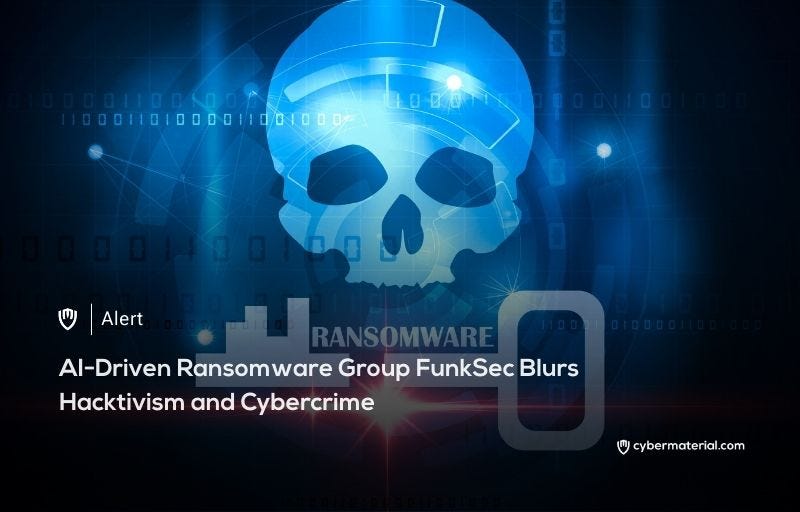
Cybersecurity researchers have revealed the emergence of FunkSec, an AI-assisted ransomware group that has targeted over 85 victims since its inception in late 2024. This group employs double extorti…

Cybersecurity researchers have revealed the emergence of FunkSec, an AI-assisted ransomware group that has targeted over 85 victims since its inception in late 2024. This group employs double extorti…